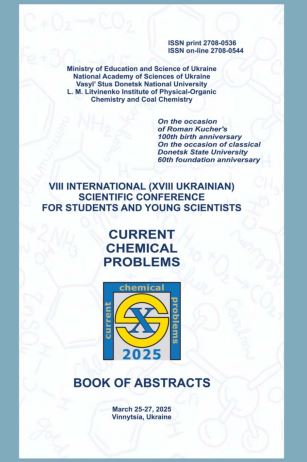Problem-based learning environment in chemistry lessons: assessing the level of topic mastery
Анотація
This article explores the application of problem-based learning (PBL) methodology in chemistry lessons and its impact on the level of topic mastery. The development of students' active thinking skills, problem-solving abilities, and critical thinking approach distinguishes this method from others. Various practical analyses have been conducted in the article to assess the impact of this method on student outcomes. Modern education systems require alternative approaches to traditional methods. The transformation of students from passive recipients of information to active learners and researchers is one of the primary goals of contemporary pedagogical approaches. In this regard, the problem-based learning method holds particular significance. Chemistry is a subject where it is crucial for students to understand abstract concepts and see their real-life applications. Traditional teaching methods often lead students to merely memorize information, limiting their ability to develop thinking skills. Problem-based learning helps to eliminate this shortcoming by encouraging students to actively engage with the topics and assimilate them through experience.The purpose of this study is to evaluate the effectiveness of problem-based learning in chemistry lessons and to analyze its impact on students' mastery levels.

